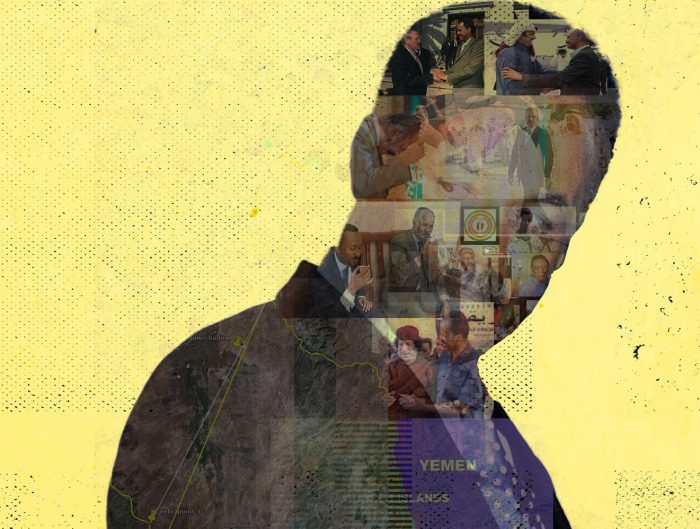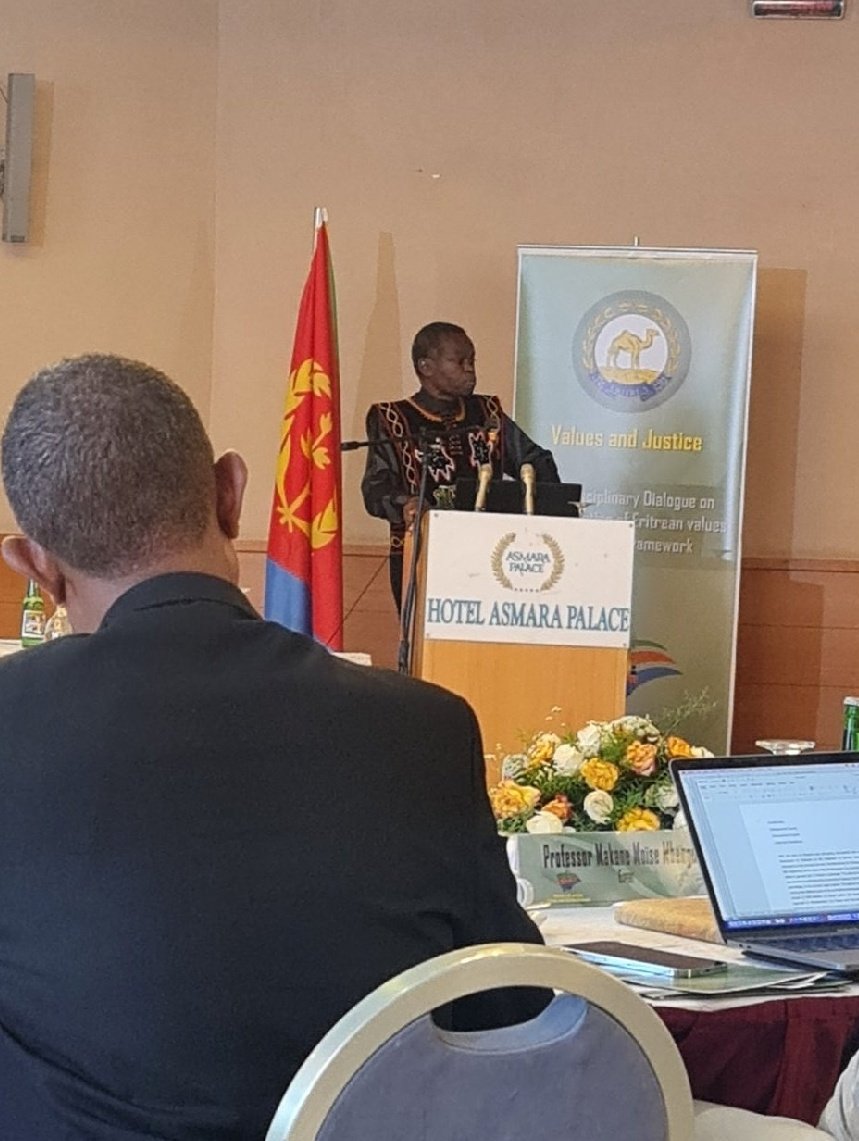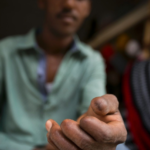The interviewee makes it clear why he left Eritrea: “I escaped the tyrannical regime there, not the country itself. You can’t really leave your homeland,” he says. “But my country is under a dictatorship – military service is worse than slavery. We are drafted without knowing when we’ll be released. That’s why I had no choice.”
Scarred by the torturers for life, the Eritrean has lost the use of his fingers and suffers from severe trauma which causes him stress, anxiety, difficulties in concentration, and nightmares.
It is to help Eritreans like him that two authors, Israeli Dr. Diddy Mymin Kahn and Eritrean nun Azezet Kidane have written a book. Commissioned by the UN Refugee Agency, A Guide to Recovery for Survivors of Torture, provides advice and therapy to Eritreans still coping with the physical and psychological trauma inflicted in the Sinai. It is written in English and Tigrinya.
Thousands of migrants, mostly Eritreans and Sudanese, who traveled through Sinai were tortured–physically and mentally–by Egyptian Bedouins who were their traffickers. In some cases, the traffickers, after inflicting extreme pain including gang rape, would sell them to other traffickers–specially if the ransom money, sometimes as high as $50,000 USD, was not forthcoming from family members in Europe and the United States.
Many of the Eritreans were kidnapped from Sudan, after they arrived from Eritrea.
The Sudan-Sinai-Israel route was particularly used between 2008 and 2011 when Libya signed a “friendship” agreement with Italy and blocked migrants path to Europe. In exchange for patrolling its seas, Libya would receive $5 billion. The help was described as “reparations” to compensate it for its 32-year occupation, which should not come as a surprise to those reporting about EU’s current partnership with two of Africa’s most predatory leaders: Sudan’s Omar Al Bashir and Eritrea’s Isaias Afwerki.
As of 2012, there were 40,000 Eritreans in Israel, almost all of whom arrived via Egypt’s Sinai, thus the number reported by Haaretz of Eritreans suffering from trauma appears to be understated, a point made by the co-author of the book.
Israel, which does not recognize them as asylum-seekers, has been trying to negotiate with third countries, like Rwanda, to repatriate them.
For more on the story, refer to Haaretz article here (paywall)
[tweetthis]Eritrean Survivors of Torture, Rape in Sinai[/tweetthis]




Leave A Reply